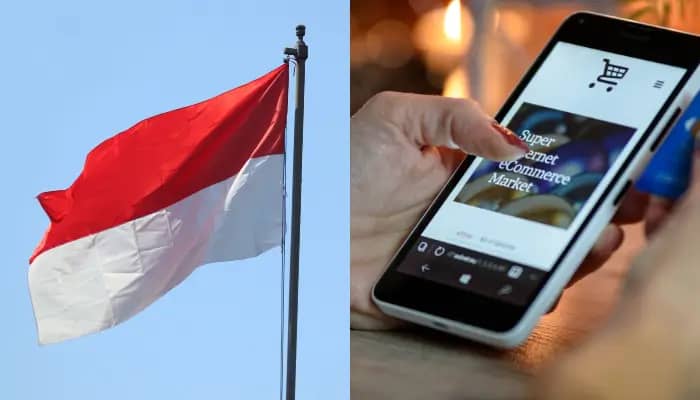Jakarta, Indonesia – Following the recent regulation by the Indonesian government on the use of social media for e-commerce transactions, TikTok Shop has finally announced that it is shutting down its local operations in accordance with local orders.
“Our priority is to remain compliant with local laws and regulations. As such, we will no longer facilitate e-commerce transactions in TikTok Shop Indonesia by October 4, and will continue to cooperate with the relevant authorities on the path forward,” TikTok said in a press statement.
The ban follows a recent government regulation which prohibits the use of social media for e-commerce transactions, adding that it’s aimed at quashing e-commerce sellers that are purportedly abusing pricing tiers on social media to promote their products.
Following this, a question arises: is there still hope for social commerce in Indonesia?
Social commerce will still exist–even with regulations
For Rolly Pane, managing director for Indonesia at Clozette, despite the new regulations, social commerce will still be around, as the new regulations only prohibits having social media and e-commerce inside one app.
“Social commerce can still be done, promoting products in social and driving people to e-commerce. The only difference is that it will not happen in one ecosystem or app. It just has to cross over apps,” Pane told MARKETECH APAC.
However, he noted that with this regulation, there would be a significant drop in e-commerce transactions which originated from social media posts and engagements.
“The biggest downfall is that there will be a larger amount of drop-offs when it is cross-app compared to being in one ecosystem or app,” he said.
Despite all of thise, Pane says that brands can still implement alternative strategies to make their social commerce strategies still stand out.
“Promotion of products will still be done as it is being done now. The only difference is that when the promotions are clicked, it will no longer be in the same ecosystem. It will drive the consumers to a different ecosystem / app to conduct the transactions,” he concluded.
Who loses this game? Merchants or consumers?
Meanwhile, Anish Daryani, founder and president director at M&C Saatchi Indonesia explained that with 2024 being an election year in Indonesia, showing support for MSME’s by securing their interest is considered as an important move by the government.
It is worth noting that the government said that the new regulations aims to protect the interests of micro, small and medium enterprises (MSME’s), given the lack of adoption of digital platforms on their part, and inability to compete with what has been labelled as ‘predatory pricing’ on social platforms.
“On the brighter side, the regulation removes ambiguity from e-commerce and provides clear guidelines towards the dos and don’ts of running e-commerce businesses, which [was] long overdue,” he said in an exclusive interview with MARKETECH APAC.
However, Daryani notes that other local merchants who have long utilised social commerce will ‘lose’ in this game, who have used it to connect with their patrons. He also added that with the new regulations, the livelihood of about 6 million social sellers and 7 million affiliates on TikTok Shop alone were hugely affected.
He also stated that end consumers are also affected as well, whose support to their social commerce merchants were the driving force behind their success.
“In my view, the biggest loser in this regulation, however, is the end consumer, who would now be deprived of exciting prices that were sometimes too good to be true, and discovering great quality products from skilled entrepreneurs, which in itself was a massive support for local businesses,” Daryani added.
Social commerce barely scratches the surface of the local industry
Despite all of these regulations, Daryani believes that social commerce will continue to move forward in Indonesia, adding that there is more growth for the Indonesian social commerce scene, compared to more mature markets like of China’s.
“Though this regulation would bring social commerce to a stop, there is no stopping commerce from becoming more social,” he quipped.
Looking at the issue from an agency perspective, Daryani believes that continued social media communication will still help amplify e-commerce, with social media and e-commerce now serving separate purposes in the customer purchase journey.
“From a communications perspective, digital content will still continue to fuel demand for products and services through the upper funnel (awareness and consideration), while the objectives of the lower funnel (purchase, retention and advocacy) would be met by e-commerce platforms,” he said.
He also added, “The use of influencers to review and recommend products will continue to expand. Overall, this would make discoverability of content more organic, so the quality of content would have to be better going forward.”










